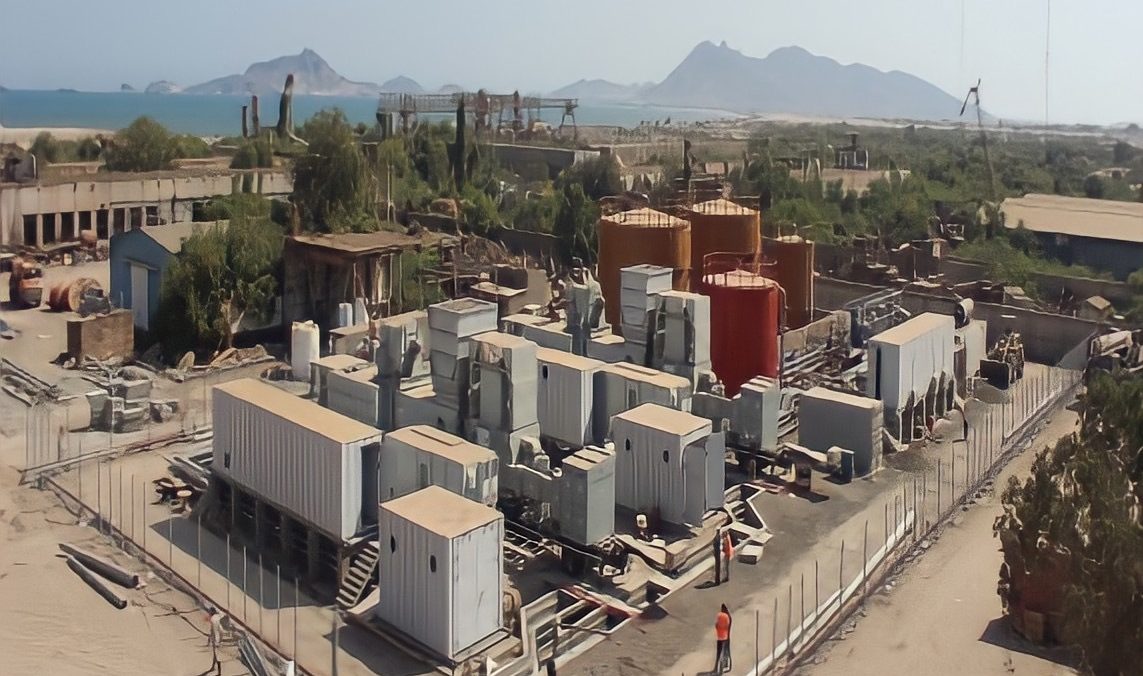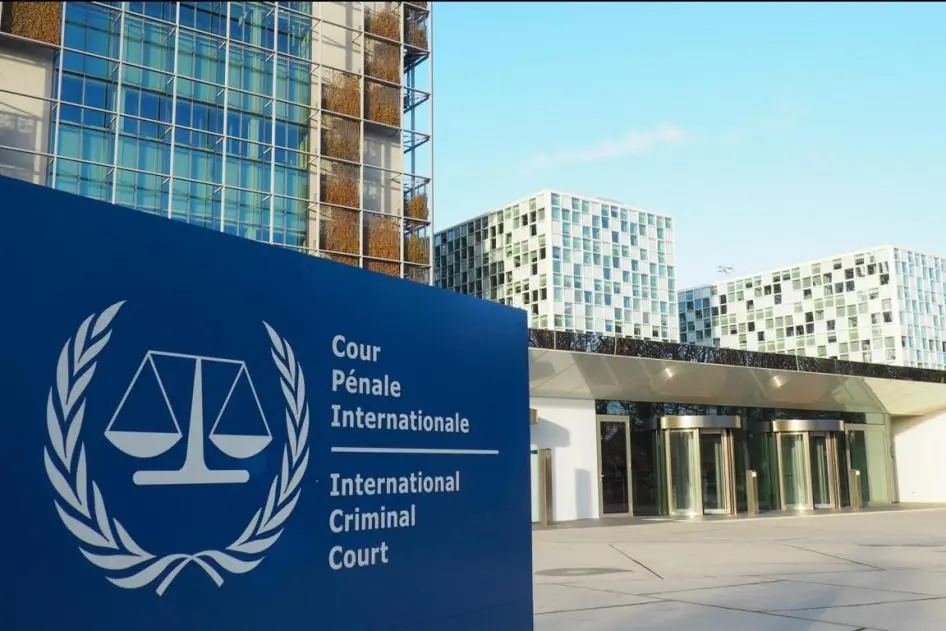Qatar Fund for Development aims to improve water access and hygiene for 4 million people across 11 Yemeni cities.
A staggering contribution of $15 million has been made by Qatar to the United Nations Children’s Fund (UNICEF) to enhance water supply and sanitation services in Yemen.
The funding, made by Qatar Fund for Development (QFFD), will go towards 13 water and sanitation projects across 11 cities in Yemen, where years of war has triggered the “world’s worst humanitarian crisis”.
“We thank the Qatar Fund for Development for this generous contribution which will help UNICEF’s efforts to provide access to clean water supply to populations in areas impacted by the conflict,” UNICEF Representative to Yemen Peter Hawkins said.
He said the contribution will significantly bolster UNICEF’s efforts to ensure reliable access to clean water supply for populations residing in areas that have been deeply affected by the conflict.
Yemen, which is vulnerable to waterborne diseases, will now see UNICEF extend Water, Sanitation, and Hygiene (WASH) interventions to over 4 million people.
These interventions encompass a range of activities such as the rehabilitation and improvement of existing water supply and sanitation facilities, installing solar-powered water systems, and providing supplies for water networks to reach targeted households.
The eleven governorates that will be impacted by the interventions are Hodeida, Dhamar, Al Bayda, Hajjah, Taiz, Lahj, Al Jawf, Saada, Aden, Hadramout, and Abyan.
The donation is a significant step towards ensuring improved access to clean water and sanitation in these areas and will play a critical role in bolstering the capacities of Yemen’s Ministry of Water & Environment and Local Water & Sanitation Corporations’ staff.
This is expected to yield long-term dividends, as a stronger and more capable workforce will be able to better coordinate and respond to the WASH sector needs in the region.
The latest donation from QFFD serves as a beacon of hope for the struggling nation as it continues to fight its multiple crises.
The funding also aligns with ongoing global endeavours towards ensuring access to clean water and sanitation, a fundamental human right and a crucial determinant of health and well-being.
The latest initiative comes at a crucial time for Yemen as it grapples with the world’s worst humanitarian crisis, triggered by years of war and a blockade on its key ports.
The conflict in Yemen began in 2014 when Iran-backed Houthi rebels took control of the capital, Sanaa. The following year, a Saudi-led coalition intervened at the request of the internationally recognised government, triggering the worst humanitarian crisis in the world and internally displacing 4.5 million people.
Last year, Yemen witnessed its first truce since 2016, bringing forth the calmest period in years for the war-torn country. The United Nations previously said the ceasefire led to a 60% decrease in civilian casualties and almost 50% drop in displacements.
In May, the UN said that while there was a slight improvement in the food security situation in government-controlled areas, acute malnutrition is still rising.
“The United Nations and its partners made strides in rolling back the worst food insecurity last year, but these gains remain fragile, and 17 million people are still food insecure in Yemen,” David Gressly, the UN Resident and Humanitarian Coordinator for the country, said on Friday.
In April, Saudi and Omani delegations held talks with Houthi rebel officials in the capital Sanaa as part of global efforts to bring an end to Yemen’s nine-year conflict.







